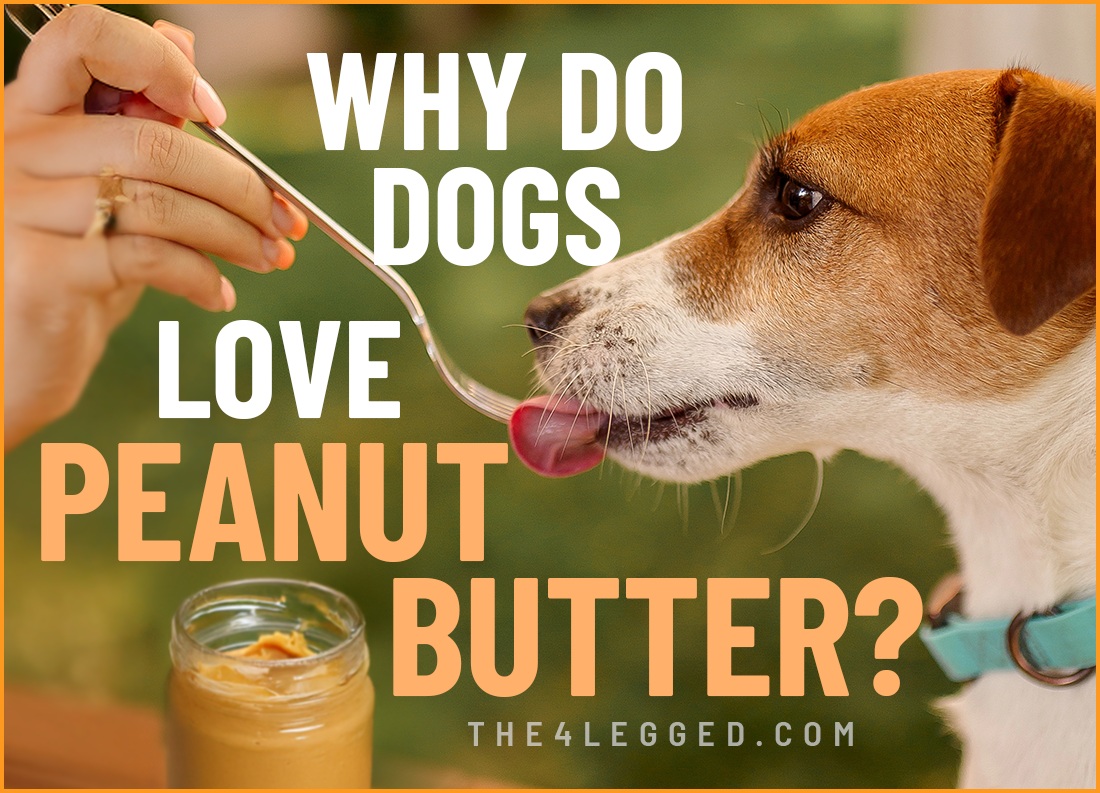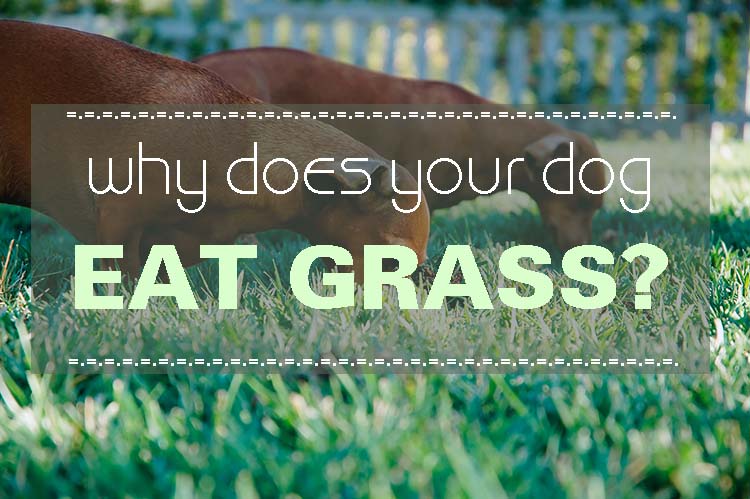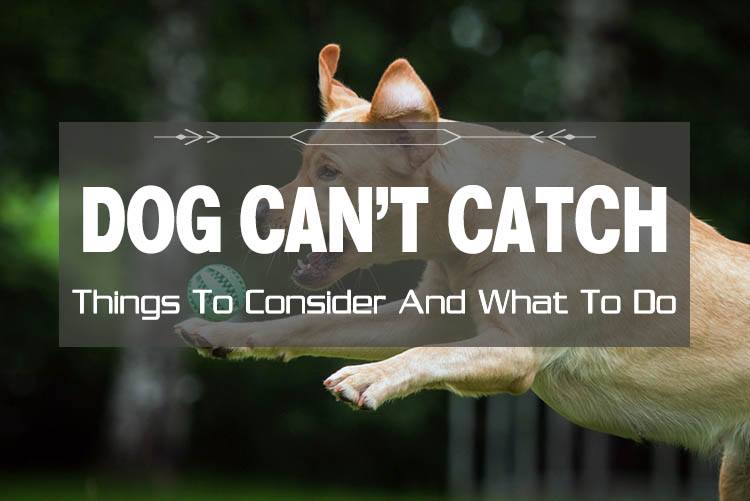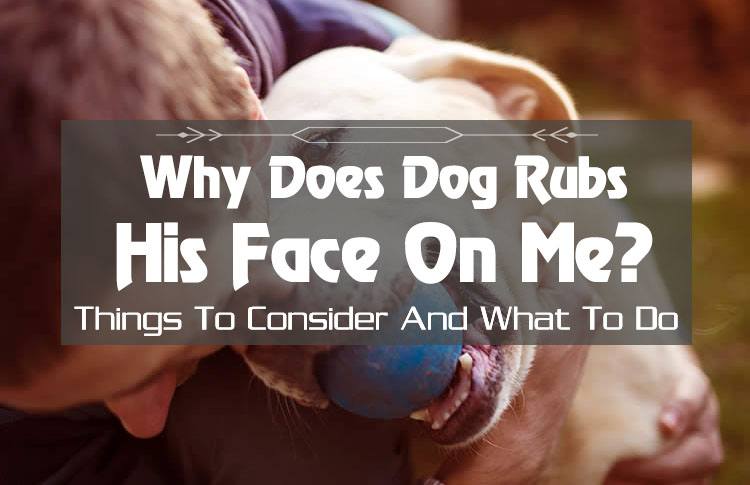Why do dogs love peanut butter? For most pups, it’s more than just a tasty snack — it’s pure joy in a jar. The sweet and salty flavor, creamy texture, and rich aroma make peanut butter an irresistible treat that dogs can’t seem to get enough of. Beyond the taste, peanut butter offers nutritional perks like protein and healthy fats that support your dog’s overall well-being.
In this guide, we’ll explore the real reasons dogs love peanut butter, uncover the science behind their obsession, and share essential tips on choosing the right kind, serving it safely, and making treat time both fun and healthy.
Key Takeaways
- Dogs love peanut butter for its sweet and salty taste, its sticky texture, and the positive experiences associated with it.
- Peanut butter is nutritious for dogs, providing protein and healthy fats, essential for their overall health and energy.
- When giving peanut butter to dogs, moderation is key, and it’s vital to choose products without xylitol or harmful additives.
The Irresistible Taste of Peanut Butter
The primary reasons dogs adore peanut butter are:
- Its taste, which combines sweet and salty flavors, making it an especially desirable treat.
- The association dogs make between peanut butter and positive experiences or rewards.
- Its stickiness, which makes it an interactive and enjoyable snack for them.
Peanut butter stands out as a special treat, much like dessert for humans. Its scent and taste can create lasting taste memories, enhancing its appeal. The roasted aroma of peanut butter is similar to the scent of caramelized meat, which is highly enticing to dogs and may explain why they find it so appealing.
Dogs use their tongue to explore and enjoy the sticky, creamy texture of peanut butter, making the experience even more enjoyable for them.
Sweet Tooth
Many dogs have a sweet tooth, and peanut butter hits that spot perfectly. Dogs can perceive sweetness through their smell receptors, which makes peanut butter’s sugary component particularly appealing. Dogs are also attracted to the natural sugars found in fruits, which, like peanut butter, provide a source of carbohydrates for energy. This makes sense, considering that dogs are naturally drawn to foods that satisfy their sweet cravings, much like humans.
Dogs also have taste buds that detect fat, making them enjoy the rich, creamy texture of peanut butter. It’s not just the taste; the entire sensory experience, from smell to texture, delights them.
Salty Sensation
While dogs don’t have a strong attraction to salt, the overall flavor profile of peanut butter still captivates them. The slight saltiness, combined with the sweetness, creates a balanced, irresistible taste.
Even natural peanut butters with no added salt are beloved by dogs. While sodium is present in many peanut butters, it’s important to choose options with low sodium to protect your dog’s health.
Nutritional Appeal: Why Dogs Crave Peanut Butter
Apart from the taste, peanut butter provides nutritional benefits that dogs find appealing. Peanut butter is a high-calorie food, so it should be given in moderation to avoid excessive calorie intake. It’s rich in fat, protein, and essential nutrients, satisfying their cravings and supporting overall health.
We’ll examine the nutritional components of peanut butter, focusing on its protein, healthy fats, and essential vitamins and minerals.
Protein-Packed
Peanut butter is loaded with protein, making it a highly desirable treat for dogs. Protein plays a crucial role in muscle repair and overall health, essential for any dog’s diet. The protein content in peanut butter helps dogs recover from exercise and supports their daily energy needs. Peanuts, the main ingredient in peanut butter, are legumes and provide a variety of plant-based proteins that contribute to a dog’s diet.
Adding peanut butter to a dog’s diet offers valuable protein, enhancing overall wellness. Thus, it serves as both a tasty and nutritious treat.
Healthy Fats
Peanut butter contains high levels of polyunsaturated fatty acids, particularly omega-6, which support growth and healthy skin in dogs. These fats are essential for a shiny coat and robust immune function.
The healthy fats in peanut butter also provide a beneficial source of energy. When included as part of a balanced diet, these fats can help maintain a healthy weight and overall wellbeing in dogs.
Vitamins and Minerals
Peanut butter is a powerhouse of essential vitamins and minerals. It is rich in Vitamin E, which is important for maintaining healthy skin and muscle function in dogs. Additionally, it contains essential minerals like magnesium, which help with energy production and reduce oxidative stress.
These vitamins and minerals together support a balanced diet for dogs.
Safety First: Choosing Dog-Safe Peanut Butter
Not all peanut butter brands are safe for dogs. Important points to consider include:
- Some peanut butters contain harmful ingredients like xylitol, which is highly toxic to dogs.
- It’s crucial to choose raw and natural peanut butters with no added sugar, salt, or preservatives.
- Brands like Skippy and Jif can be safe in moderation, but it’s always best to check the ingredients first.
Pet parents should only feed their dogs peanut butter that is free from xylitol and other harmful additives. Veterinarian Dr. Susan Wynn recommends choosing organic peanut butter without xylitol for dogs. Veterinarian Christy Michael highlights the importance of selecting safe peanut butter and understanding the nutritional needs of dogs.
Added salt and sugar can upset a dog’s tummy, so opting for natural peanut butters is the best way to ensure your pet furry friend’s safety.
Now, let’s delve deeper into specific peanut butter safety tips when selecting peanut butter for dogs.
Avoid Xylitol
Xylitol is a sugar substitute present in many sugar-free products and is highly toxic to dogs. Even a small amount can cause severe health issues, such as hypoglycemia and liver failure.
Check product labels for xylitol to guarantee your dog’s safety.
Check Ingredients Label
When choosing peanut butter for your dog, consider the following:
- Only peanuts should be present in the ingredients.
- Avoid added sugar and other additives, as they can be harmful.
- Peanut butter should not contain preservatives or hydrogenated oils to be considered safe for dogs.
Always read the ingredients label carefully to ensure there are no harmful additives or high levels of added salt. Choosing peanut butter free from harmful ingredients is vital for your dog’s health.
Moderation is Key: How Much Peanut Butter Can Dogs Eat?
While dogs love peanut butter, too much of it can cause health issues. Moderation is essential when giving your dog treats like peanut butter to maintain a balanced and healthy diet. Lick mats are effective tools for dogs to enjoy peanut butter while simultaneously easing anxiety.
Peanut butter should constitute no more than 10% of your dog’s diet to maintain balance and health.
General Rule
As a general rule, moderation is key when feeding peanut butter to most dogs. Humans might think more is better, but in many cases, less is more for our canine companions.
Above all, maintaining a balanced diet is key.
Portion Control
Portion control is crucial when feeding peanut butter to dogs. Extra-large dogs weighing over 90 pounds can be given one tablespoon of peanut butter daily. Dogs weighing 51-90 pounds should receive one teaspoon of peanut butter each day.
Medium-sized dogs, weighing between 21 and 50 pounds, can safely consume one teaspoon of peanut butter per day. Small dogs, weighing 11 to 20 pounds, may have half a teaspoon of peanut butter twice daily.
Extra-small dogs weighing between 2 and 10 pounds should only receive half a teaspoon of peanut butter once a day.
Fun Ways to Treat Your Dog with Peanut Butter
Peanut butter can be more than just a tasty treat; it can also be a source of fun and mental stimulation for your dog. Using peanut butter in interactive toys or making homemade treats are great ways to keep your dog engaged and happy. Crunchy peanut butter treats or those made with dog-safe vegetables can add variety and extra nutrition to your dog’s snack time.
Incorporating peanut butter into interactive toys provides dogs with mental stimulation and keeps them entertained. Additionally, homemade treats using natural peanut butter are a healthier option for your dog.
Interactive Toys
Filling interactive toys like Kongs with peanut butter extends playtime and mental stimulation for dogs. It offers a challenging and enjoyable play experience.
Interactive toys like Kongs filled with peanut butter keep dogs excited and crazy, mentally stimulated like a pup, enhancing both flavor experience and cognitive development through licking. This idea promotes engagement and fun for your furry friend pups.
Homemade Treats
Homemade treats using natural peanut butter are a healthier option for your dog. Peanut butter and pumpkin dog bones are a festive treat option that combines two dog-friendly ingredients.
Frozen peanut butter bites made with yogurt and peanut butter are a quick and refreshing treat for dogs during hot weather. Doggy donuts made with peanut butter and oats can be a delightful snack for pets and are easy to prepare.
Potential Risks and Allergies
While peanut butter is generally safe for dogs, there are potential risks and allergies to be aware of:
- Symptoms like itching, swelling, or digestive issues can indicate an allergy.
- As little as 1.37 grams of xylitol can cause hypoglycemia in dogs.
- It is essential to avoid peanut butter containing xylitol.
Monitoring your dog for any signs of discomfort or allergic reactions after consuming peanut butter is crucial. If any symptoms appear, it’s important to take immediate action.
Signs of Allergies
Common symptoms of peanut butter allergies in dogs include itchy skin, hives, vomiting, and diarrhea. In severe cases, symptoms may escalate to swelling of the face or throat.
Dogs can develop peanut butter allergies, so monitoring for signs, especially after introducing it into their diet, is crucial.
Consult Your Veterinarian
If signs of an allergic reaction appear, it’s crucial to stop feeding peanut butter and consult a veterinarian for guidance.
If you suspect your dog has an allergy to peanut butter, it’s crucial to seek veterinary advice immediately.
Summary
Dogs love peanut butter for its irresistible mix of flavor, texture, and fun. From the creamy sweetness that excites their taste buds to the positive memories they associate with it, peanut butter is more than just a snack — it’s a source of comfort and joy. When given in moderation and free from harmful ingredients like xylitol, peanut butter can be a nutritious reward packed with protein and healthy fats that support your dog’s overall well-being.
By choosing dog-safe peanut butter, watching portion sizes, and being mindful of potential allergies, you can make this classic treat a healthy part of your dog’s diet.
Want to understand more about your dog’s favorite foods and habits?
Explore our Dog Behavior Guides to discover why dogs do the things they do — and how you can keep them happy, healthy, and full of tail wags!
Frequently Asked Questions
Why do dogs love peanut butter so much?
Dogs go crazy for peanut butter because of its delicious sweet and salty flavor and creamy texture. Plus, they often associate it with fun times, making it a favorite treat!
Is peanut butter safe for dogs?
Absolutely, peanut butter is safe for dogs as long as you opt for natural varieties without added sugar, salt, or harmful ingredients like xylitol. Just keep it simple and your pup will enjoy it!
How much peanut butter can I give my dog?
You can give your dog peanut butter in moderation, but it’s best to stick to portion guidelines based on their size to keep their diet balanced. Just a small amount as a treat should be fine!
What should I do if my dog shows signs of an allergic reaction to peanut butter?
If your dog shows signs of an allergic reaction to peanut butter, stop giving it to them right away and reach out to your vet for advice. It’s always best to be safe when it comes to your furry friend’s health!
Are there fun ways to give my dog peanut butter?
Absolutely! You can stuff peanut butter into interactive toys or even bake homemade treats to make snack time super fun for your pup.




